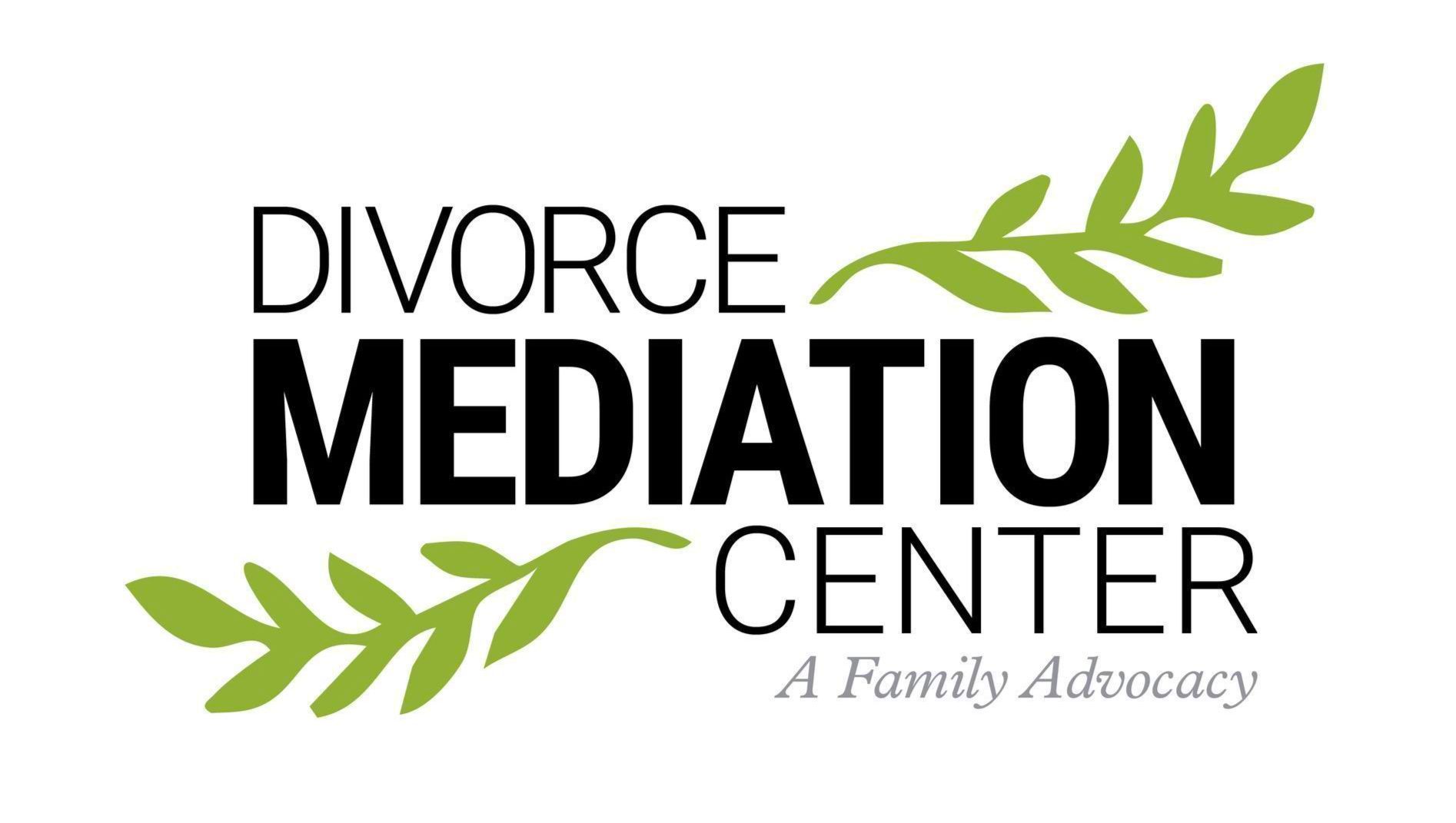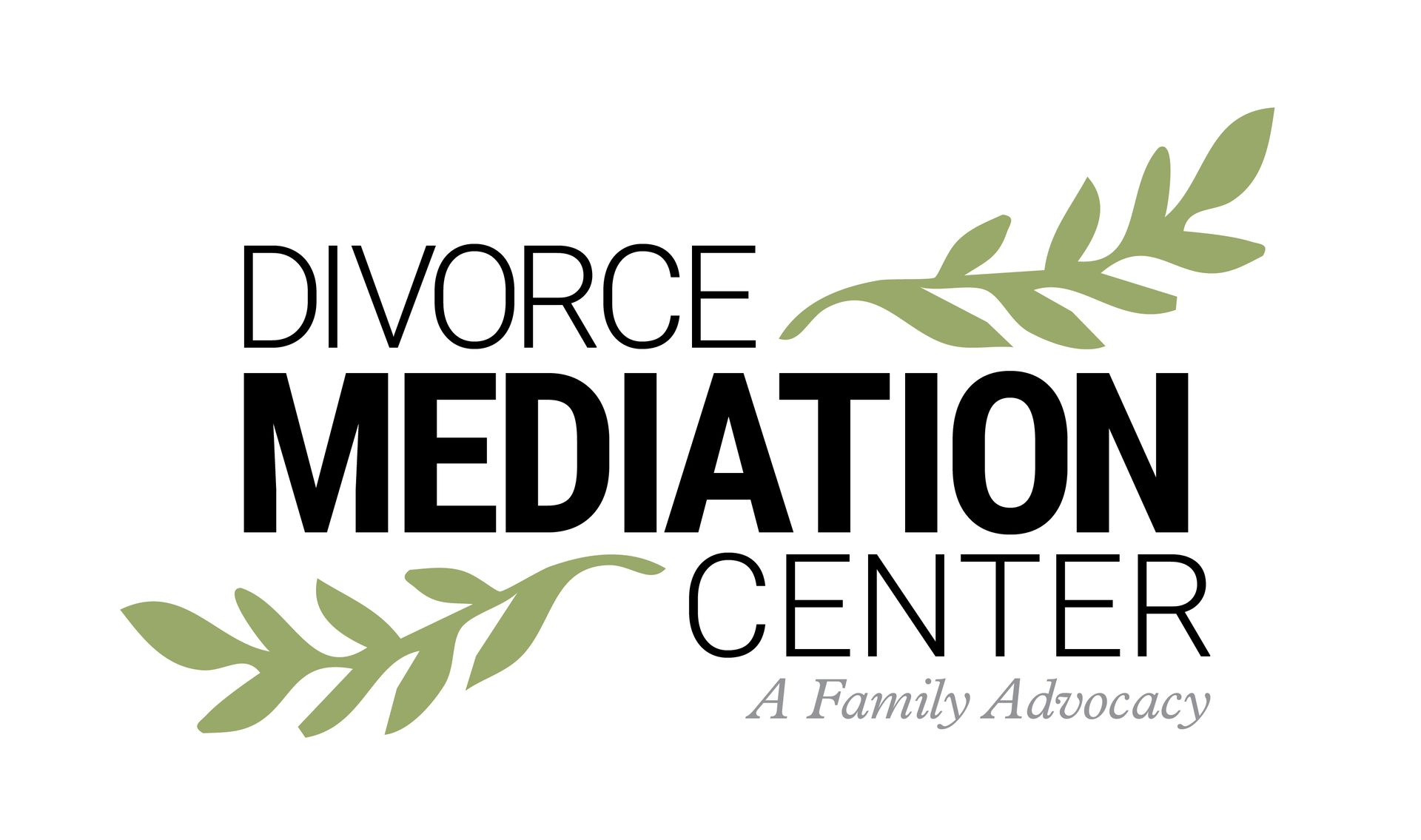The Benefits of Divorce Mediation
Who benefits from divorce mediation and why would you want to recommend that your clients chose to mediate rather than litigate their divorce settlement? There are so many long term benefits of divorce mediation over litigation. Primarily it starts the spouses off on a cooperative method of resolving issues that will likely preside post the divorce settlement. Time and again couples who have chosen to litigate in divorce court are continually reminded that divorce proceedings will not bring about the punishment or revenge NOR the one-sided settlement they are seeking and that actually the entire family loses great sums of money never to be recovered.
The value of mediation for:
The children– It shows children that their parents love them and want to work together in their best interest and it mentors a good example of how healthy people resolve differences and work together to embrace a significant change
Your Client-A low conflict method means less wounding, a shorter healing period and a productive co-parenting relationship (if they have children) post divorce, it is simply better parenting for the child
The Family Checkbook-A mediated divorce final costs will range from $3,000-$7,000. A litigated divorce final costs can range from $45,000-$100,000+
Types of Trained/Registered Mediators:
Basically, there are two types of mediators: those who are professional attorneys and those who are professional therapists. Attorneys gain their training in law school learning the expertise of arguing accumulative case law to provide evidence to win in a court of law, in essence there is a winner and a loser. Therapists gain their training learning how to help resolve relational issues and conflict and set healthy boundaries for lasting relationships.
There are benefits to using a Registered, Licensed Therapist Mediator.
A Therapist Mediator due to their professional education can detect behaviors of parties that are rooted in control or manipulation and have the skills to set boundaries during the mediation session to keep negotiations on track and moving forward toward resolution
An Attorney Mediator whose professional education is rooted in supporting argument in debate may lack the professionally trained skills of detecting emotional control behaviors of conflict resolution which leaves parties vulnerable for run-away mediation fees and delayed resolutions
How your client can find a Mediator:
Seek Family Divorce Mediation Centers in your market with Licensed Therapist trained Mediators with credentials (PhD, LMFT, LPC, and LCSW). There are also statewide online listings under “ADR-Alternative Dispute Resolution Directory”, “Office of Dispute Resolution of your state or contact your state’s professional “Mediators Association”
More information on this topic in our upcoming publication available on Amazon.com after July 30, 2015 Family Divorce Therapy 101-A Clinician’s Guide to Best Practices for Treating Families Pre/During/Post Divorce
Disclosure of Material Connection: I have not received any compensation for writing this post. I am disclosing this in accordance with the Federal Trade Commission’s 16 CFR. Part 255: “Guides Concerning the Use of endorsements and Testimonials in Advertising.”
Disclaimer: This is my personal blog. The opinions I express here do not necessarily represent those of my organization, Transitions Resource, LLC. The information I provide is on an as-is basis. I make no representations as to accuracy, completeness, suitability, or validity of any information on this blog and will not be liable for any errors, omissions, or delays in this information or any losses, injuries, or damages arising from its use.





